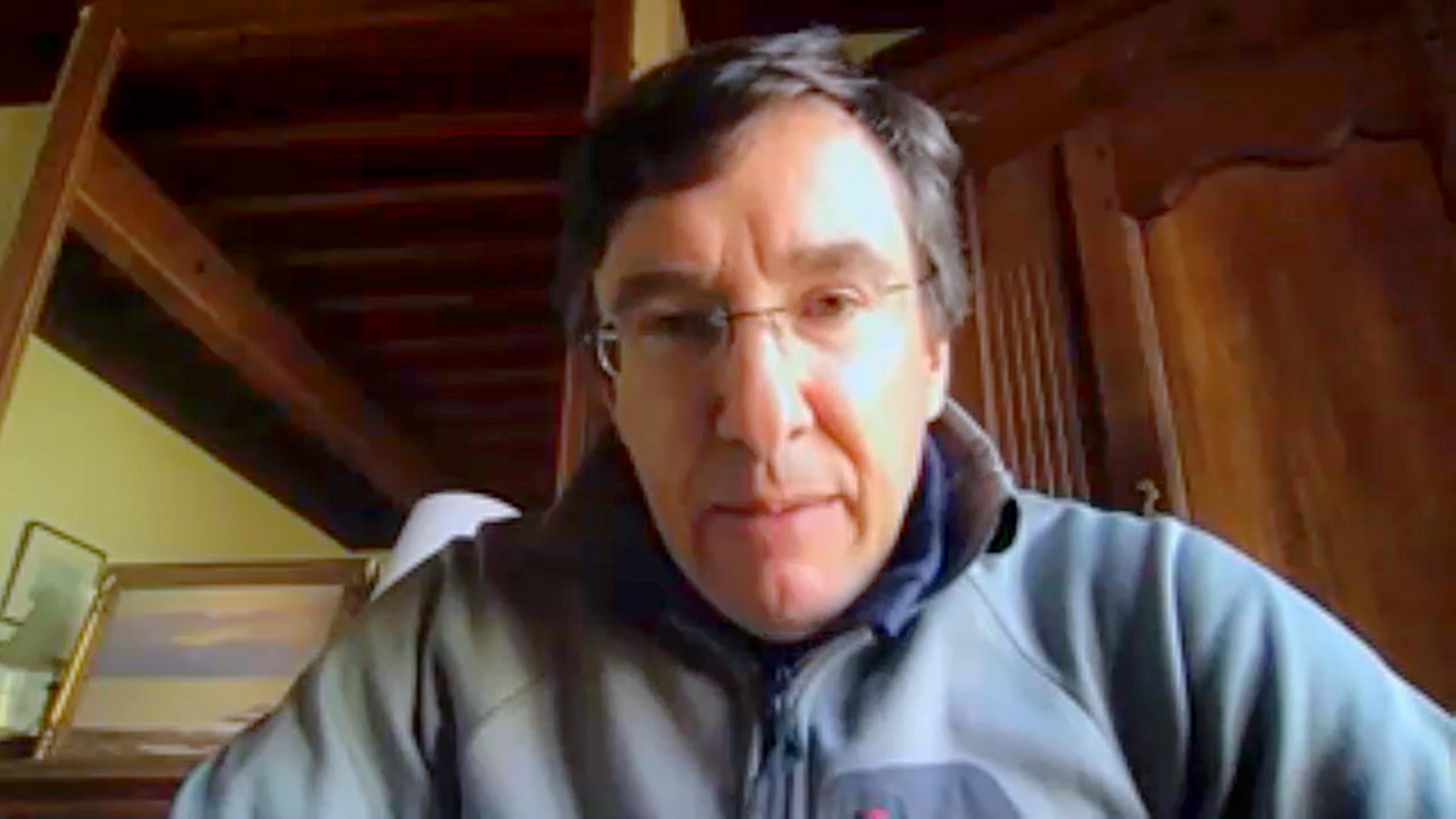
Limiting Distribution
Former Managing Director at RIMOWA and Goyard
inpractise.com/articles/luxury-brand-equity
Why is this interview interesting?
- Why brand value equals brand sales and how to manage distribution to manage brand equity
Clement Brunet-Moret
Former Managing Director at RIMOWA and Goyard
Interview Transcript
How do you think about that point you made about, it’s not just about increasing or maximizing sales, but maximizing brand value? What are some of the decisions you’ve made where, maybe, you took the longer brand-value approach, over the short-term sales?
Brand value equals brand sales. There’s no way around it; it’s all linked. Again, we sell goods that people don’t need, to live, everyday. For example, my time at RIMOWA, we are selling very beautiful suitcases, very sturdy suitcases, but you could buy another brand of suitcase, for a lot less money and it will work, just as well, for a shorter period of time, probably, but as well, for the purpose of packing your clothes. What you are trying to do here is to build that desire of the brand. Building the desire for the brand and for the product is sometimes limiting customer access, because there’s a strange equation where overdistribution is an issue. One of the biggest mistakes you could make is to open too many stores at once. Brands have done so, especially in China. It was super easy to open many, many stores and some major luxury brands had to cut down. Famously, Louis Vuitton. I think they had to cut down stores because the brand equity was damaged. They had to rebuild that brand equity, in order to try to make their brand desirable and niche again. You are a mass luxury brand and you are trying to make yourself niche.
How do you do that? By being less visible and less accessible, to some extent, but yet, accessible enough to maintain your sales. As a good manager and, if you are not under strong pressure to deliver results, your first objective should be to develop your brand equity and brand value and brand desirability, by making yourself visible, but not so accessible. It’s a complete paradox. You need to really fine tune that balance, between how big my store is, where it should be located, so I generate enough sales to be able to sustain my goals and my business, but not too much visibility to damage my brand equity. It’s a fine balance and every brand is different in that aspect. It really depends on the message that the brand has and how it tries to portray itself. A Gucci will have a very different to that question, than a Goyard. A Louis Vuitton will have a very different answer to that question than a Hermès.
Again, if you do your job well, at positioning your brand and building your brand equity, your sales will follow. It’s as simple as that.
Copyright Notice
This document may not be reproduced, distributed, or transmitted in any form or by any means including resale of any part, unauthorised distribution to a third party or other electronic methods, without the prior written permission of IP 1 Ltd.
IP 1 Ltd, trading as In Practise (herein referred to as "IP") is a company registered in England and Wales and is not a registered investment advisor or broker-dealer, and is not licensed nor qualified to provide investment advice.
In Practise reserves all copyright, intellectual and other property rights in the Content. The information published in this transcript (“Content”) is for information purposes only and should not be used as the sole basis for making any investment decision. Information provided by IP is to be used as an educational tool and nothing in this Content shall be construed as an offer, recommendation or solicitation regarding any financial product, service or management of investments or securities.
© 2026 IP 1 Ltd. All rights reserved.


